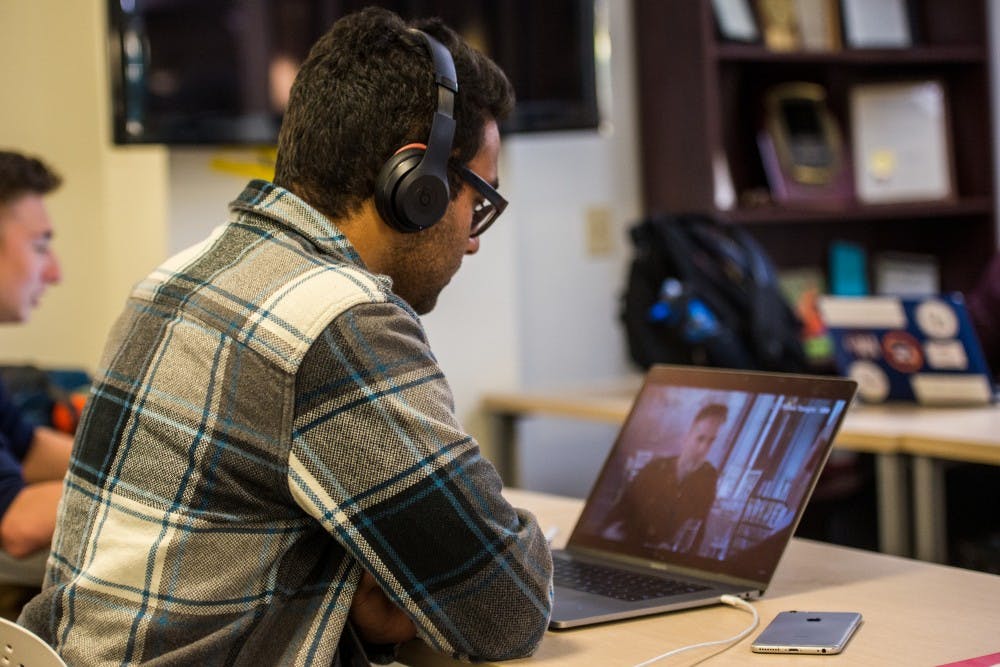Stories about the data scandal involving Facebook and Cambridge Analytica have dominated the news recently. On April 4, Facebook announced that the data of up to 87 million of its users may have been shared with the political data firm Cambridge Analytica. These events have resulted in public outcry because, while Facebook allows researchers to harvest data from its users for educational purposes, Cambridge Analytica used the data to further its business interests. Fortunately, this controversy began a public conversation about how Facebook handles the data of its users and how well users understand the ways in which online companies use their data.
Many consumers are unaware of how to exercise control over their data and enhance their privacy on the internet. Despite the fact that the Cambridge Analytica scandal resulted from a misleading of customers, the legal ways companies use the data of users are still quite invasive. Our current media landscape underscores the necessity of educating citizens on how companies collect and use data.
Data education is incredibly important because, though Americans have a low level of trust in public institutions to handle data responsibly, they still neglect to prioritize cybersecurity and data literacy within their personal lives. A 2017 study by Pew Research Center found that about half of Americans do not trust the federal government or social media sites with their data. However, the same study found that Americans do not view cybersecurity as a high priority issue.
This is concerning because, though the data of many Americans is vulnerable, there is little evidence of the public’s dedication to protecting its own information. Cambridge Analytica and Facebook have brought data privacy into the news for a short period of time, but when the story blows over, consumers must maintain the same level of attention for data issues. There is a disconnect between trust and education that cannot change without citizens being interested and proactive.
This change could come through a variety of reform efforts. Schools could begin teaching children starting in middle school through high school about data literacy and cybersecurity. Though children of all ages actively use the internet in our current day and age, social media platforms are more widely used by teens and young adults due to age constraints. Making young people aware of the power of data from an early age would have an undoubtedly positive effect.
Additionally, companies could hold workshops for their employees about how to prioritize cybersecurity and how to identify what information different companies harvest. Though this could be time consuming, it would help employees avoid phishing schemes and other cybersecurity issues that could affect the company as a whole.
At the University, this type of data education could involve a course for students about data literacy and security. During a formal course discussing these issues, students could explore everything from how specific companies distribute their data to advertisers to whether companies in their state are legally obligated to inform them in the event of a data breach. The course would not need to be mandatory but, in our current political and social climate, I imagine that the desire to become more data literate would be great amongst University students. The University offers courses for students related to practical life skills, and a course on data literacy would fit perfectly into this curriculum.
Additionally, students and professors alike should also take steps outside of the classroom to learn more about data and privacy. These steps can take many forms but can be as simple as reading the privacy policies of companies or researching why one is being targeted with specific ads.
It is vital that all people understand how much of their data is used by outside actors online. This warning is not to cause paranoia amongst internet users, but I believe that in order to use the internet to its fullest, citizens must be aware of how data is used online. Though the Cambridge Analytica scandal involved the improper use of customer data, consumers are still incredibly under-informed about how companies use their information. Data literacy training is vital to the safety and security of Americans and their data. Americans must take charge of their data literacy immediately if they hope to continue to effectively use the internet without compromising their own privacy.
Carly Mulvihill is an Opinion columnist at The Cavalier Daily. She can be reached at c.mulvihill@cavalierdaily.com.







